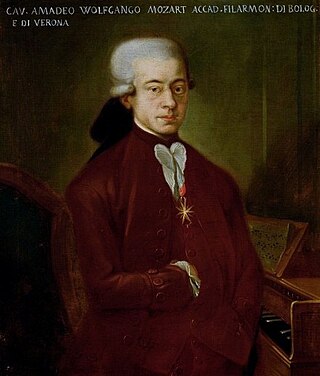
Heitor Villa-Lobos was a Brazilian composer, conductor, cellist, and classical guitarist described as "the single most significant creative figure in 20th-century Brazilian art music". Villa-Lobos has become the best-known South American composer of all time. A prolific composer, he wrote numerous orchestral, chamber, instrumental and vocal works, totaling over 2,000 works by his death in 1959. His music was influenced by both Brazilian folk music and stylistic elements from the European classical tradition, as exemplified by his Bachianas Brasileiras and his Chôros. His Etudes for classical guitar (1929) were dedicated to Andrés Segovia, while his 5 Preludes (1940) were dedicated to his spouse Arminda Neves d'Almeida, a.k.a. "Mindinha". Both are important works in the classical guitar repertory.
China, officially the People's Republic of China, is a country in East Asia.

Murat Yakin is a Swiss football coach and former player. He is the manager of the Switzerland national team.

Killer7 is a 2005 action-adventure game developed by Grasshopper Manufacture and Capcom and published by Capcom for the GameCube and PlayStation 2. The game was written and directed by Goichi Suda and produced by Hiroyuki Kobayashi.
Pedro is a masculine given name. Pedro is the Spanish, Portuguese, and Galician name for Peter. Its French equivalent is Pierre while its English and Germanic form is Peter.

Goichi Suda, known by his alias Suda51, is a Japanese video game director, designer, and writer. Affiliated with Human Entertainment from 1994 to 1998, he founded Grasshopper Manufacture in 1998 with a number of other Human Entertainment staff to produce their own titles. His best-known work has come from Grasshopper Manufacture, including The Silver Case (1999), Killer7 (2005), the No More Heroes series, and Lollipop Chainsaw (2012).

The Ant and the Grasshopper, alternatively titled The Grasshopper and the Ant, is one of Aesop's Fables, numbered 373 in the Perry Index. The fable describes how a hungry grasshopper begs for food from an ant when winter comes and is refused. The situation sums up moral lessons about the virtues of hard work and planning for the future.
A grasshopper is a common type of herbivorous insect.
Jaime is a common Spanish and Portuguese male given name for Jacob (name), James (name), Jamie, or Jacques. In Occitania Jacobus became Jacome and later Jacme. In east Spain, Jacme became Jaime, in Aragon it became Chaime, and in Catalonia it became Jaume. In western Spain Jacobus became Iago; in Portugal it became Tiago. The name Saint James developed in Spanish to Santiago, in Portuguese to São Tiago. The names Diego (Spanish) and Diogo (Portuguese) are also Iberian versions of Jaime.
A magneto is a permanent magnet electrical generator.

La finta giardiniera, K. 196, is an Italian-language opera by Wolfgang Amadeus Mozart. Mozart wrote it in Munich in January 1775 when he was 18 years old and it received its first performance on 13 January at the Salvator Theater in Munich. There is debate over the authorship of the libretto, written for Anfossi's opera the year before. It is often ascribed to Calzabigi, but some musicologists now attribute it to Giuseppe Petrosellini, though again it is questioned whether it is in the latter's style.
Clodagh is a female given name of Irish origin. Lady Clodagh Anson, daughter of John Beresford, 5th Marquess of Waterford, was named after the River Clodiagh, which flows through the Marquess's estate at Curraghmore at County Waterford. Lady Clodagh married Claud Anson, son of Thomas Anson, 2nd Earl of Lichfield, and had a daughter who later wrote, "She called me Clodagh too and hoped, in vain, that we'd be the only two." The name Clodagh is popular in Ireland but is little used elsewhere.
Alex is a given name. It can refer to a shortened version of Alexander, Alexandra, or Alexis.
Ronaldo is a Portuguese given name equivalent to the English Ronald. It became a common name in all Portuguese-speaking countries, also prevalent in other Romance countries.

"The Grasshopper" is an 1892 short story by Anton Chekhov.

The Villa-Lobos Museum is a museum in Rio de Janeiro, Brazil, that is dedicated to exhibiting artifacts related to the composer Heitor Villa-Lobos.
This page is based on this
Wikipedia article Text is available under the
CC BY-SA 4.0 license; additional terms may apply.
Images, videos and audio are available under their respective licenses.







